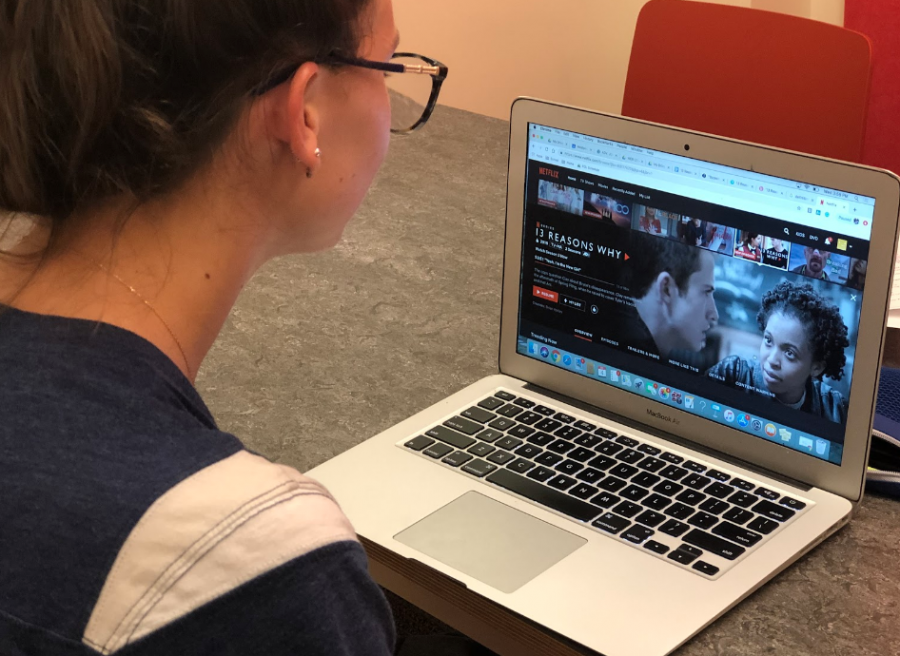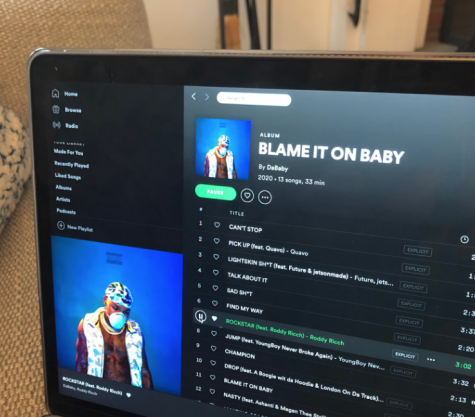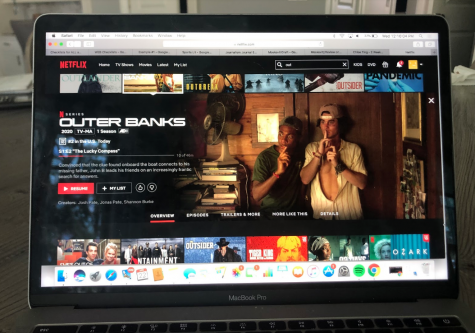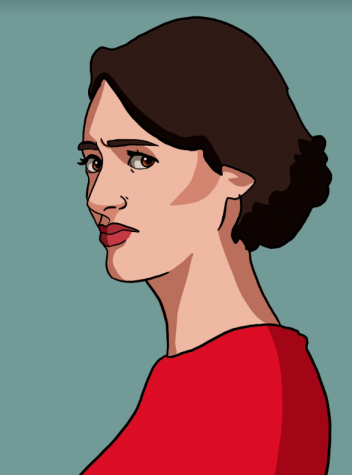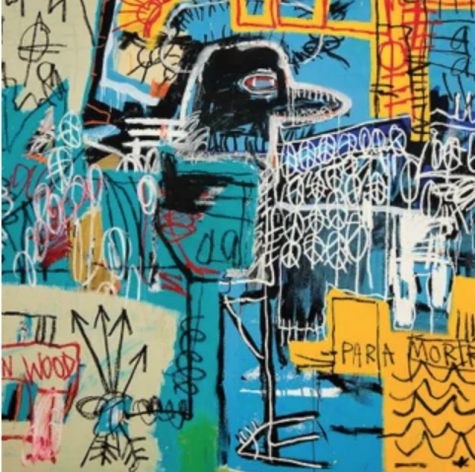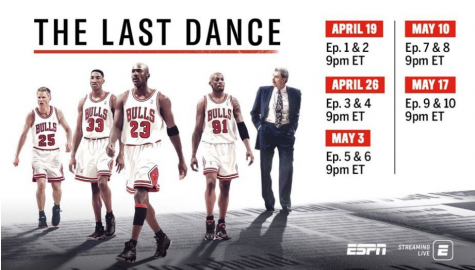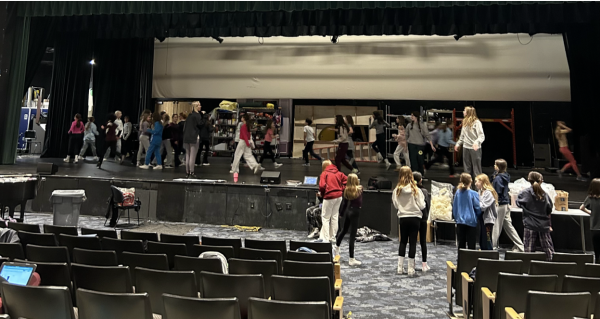“Thirteen Reasons Why” oversimplifies societal issues
Netflix released the third season of their original show “Thirteen Reasons Why” on August 23. Instead of focusing on Hannah Baker, the show follows the murder of serial rapist Bryce Walker.
Netflix has finally released their long-anticipated season three of the original hit “Thirteen Reasons Why.” While the first season focused on Hannah Baker’s suicide, and the second followed her high school’s prosecution, when the third season aired on Aug. 23, the plot took a completely different turn: Bryce Walker has been murder and we want to know how is responsible.
Each episode begins with present time police investigation and allows us to piece together parts of the story line through multiple flashbacks. The plot consists of many twists, keeping the viewers on their toes.
This season also introduced a different character: Ani. New to Liberty High School, Ani lives with the Walker family as her mother takes care of their ill grandfather.
Although I didn’t love the over-eager and pushy personality of this new girl, I will admit that Ani was crucial to the integrity of the plot as a seemingly unbiased narrator (I say “seemingly” because we later find out her predisposition).
While I appreciate that season three explored more social issues- drug addiction, mental illness, survivors, school shootings, abortion, domestic abuse, immigration, and homophobia- it seems that the directors attempted to hit every single societal tragedy and neglected to dive deep into any of them. Ultimately, with only 13, 60-minute long episodes, the show gives mere surface solutions to much deeper issues, minimizing the extent of the problems.
In terms of its dedication to the #MeToo movement, I feel that the show displays activists strictly in an aggressive manner. When Jessica wins student body president and creates her anti-jock platform, Casey, a fellow survivor, comes to the forefront of the show as an outspoken character. She goes off the rails with anti-rape protests, for instance when she intrupted Bryce’s funeral with posters and banners, screaming that we should not mourn the perpatrators. This puts activism into a largely negative light, showing outspoken individuals as factually hostile. I thought this was an inaccurate dedication and a big downfall of the show.
One detail of the show I have trouble with is the overuse of the word “rape.” It seems that in season two, when Jessica talks about her own sexual assault, the word “rape” had weight behind it. In this season, characters seem to just throw the word around, that when it comes time for Bryce’s confession, the word seems simply normalized.
Another aspect of the season I cannot applaud is the show’s attempt to humanize Bryce, the infamous serial rapist from season one. It was internally conflicting for me to watch Bryce genuinely try to become a better person, knowing all the lives he has ruined. I understand the producers intentions to show that people are capable of change, but there are still moments throughout his redemption that display his violent tendencies, bringing the character of Bryce back into his old ways.
I do believe that season three is worth a watch with its intertwined plot and complex characters, so I would rate it a solid seven out of 10. It does have good intentions in exposing various issues American teenagers face; although, I caution you to notice the complications with their depictions of societal issues and take their messages with a grain of salt.

As a writer, lacrosse player and cheerleader, Remy Teltser ’21 has always explored a variety of interests. After taking Intro to Journalism last year,...











































